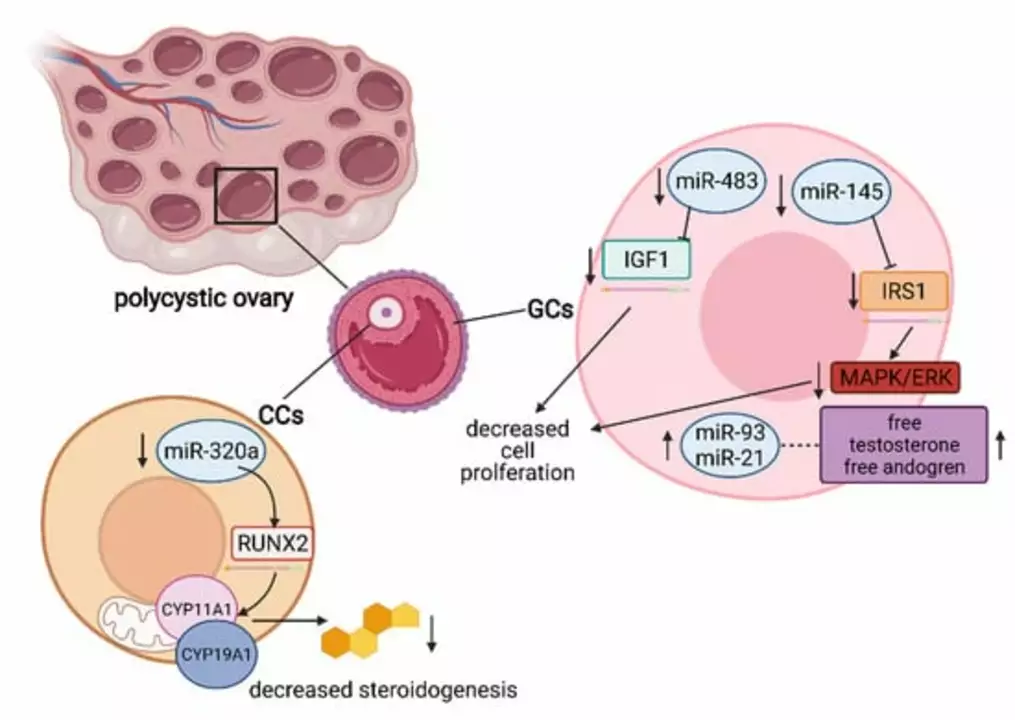Renal Cell Carcinoma: What You Need to Know
Renal cell carcinoma (RCC) is the most common type of kidney cancer in adults. If you or a loved one is facing this diagnosis, you probably want clear, practical answers — what to watch for, how doctors find it, and which treatments work best. This page gives straightforward facts and useful tips to help you talk with your care team.
Signs, risk factors and diagnosis
Early RCC often doesn't cause symptoms. When it does, people notice blood in the urine, a dull ache or lump in the side, unexplained weight loss, or fatigue. Risk factors include smoking, high blood pressure, obesity, and some inherited conditions like von Hippel–Lindau (VHL) disease.
Doctors usually start with imaging: ultrasound, CT scan, or MRI. These tests show the size and location of a tumor. A biopsy may be done if imaging can't give a clear answer or before certain treatments. Staging (localized, locally advanced, or metastatic) tells you how far the cancer has spread and guides treatment choices.
Treatment options and practical tips
Surgery is the main cure for early RCC. For small tumors, a partial nephrectomy (removing just the tumor) saves kidney function. Larger or aggressive tumors may need a radical nephrectomy (removing the whole kidney). Ablation is an option for small masses or for people who can't have major surgery. Sometimes very small tumors are monitored with active surveillance.
When cancer has spread, systemic treatments are used. Targeted therapies block blood-vessel growth and cancer signals; common drugs include sunitinib, pazopanib, cabozantinib, and axitinib. Immune checkpoint inhibitors — drugs such as nivolumab or pembrolizumab, sometimes combined with ipilimumab — help your immune system fight the tumor. Many people now get combinations of immunotherapy and targeted therapy. Your doctor will explain the pros and side effects of each choice.
Side effects vary: high blood pressure, fatigue, diarrhea, rash, or changes in thyroid function are common with these drugs. Keep a simple symptom diary and report issues early — many side effects can be managed without stopping treatment. Ask your team about lifestyle steps that help: stop smoking, control blood pressure, aim for a healthy weight, and stay active as tolerated.
Clinical trials keep changing standards of care. If you want access to newer therapies, ask about trials at cancer centers. Getting a second opinion is a smart move, especially before major surgery or starting a long-term systemic drug.
Follow-up after treatment usually means periodic scans and blood tests to watch for recurrence and to check kidney function. Keep copies of your scans and pathology reports — they make future consultations faster.
If you want more detailed articles on medications, side-effect tips, or how to find clinical trials, check our site resources or bring these questions to your oncologist or urologist. You don't have to handle this alone — a team and clear information make a big difference.
Understanding the Role of Angiogenesis Inhibitors in Renal Cell Carcinoma Treatment

In my recent research, I've come to understand the crucial role angiogenesis inhibitors play in treating renal cell carcinoma (RCC). These inhibitors work by targeting the blood vessels that supply tumors with nutrients, ultimately halting their growth. By blocking the formation of new blood vessels, angiogenesis inhibitors can significantly slow down or even stop the progression of RCC. Currently, several FDA-approved drugs are available for patients that fall under this category of treatment. As I continue to explore this fascinating topic, I am increasingly amazed by the potential of angiogenesis inhibitors in revolutionizing RCC treatment and improving the lives of patients.
- May 16 2023
- Tony Newman
- 11 Comments
